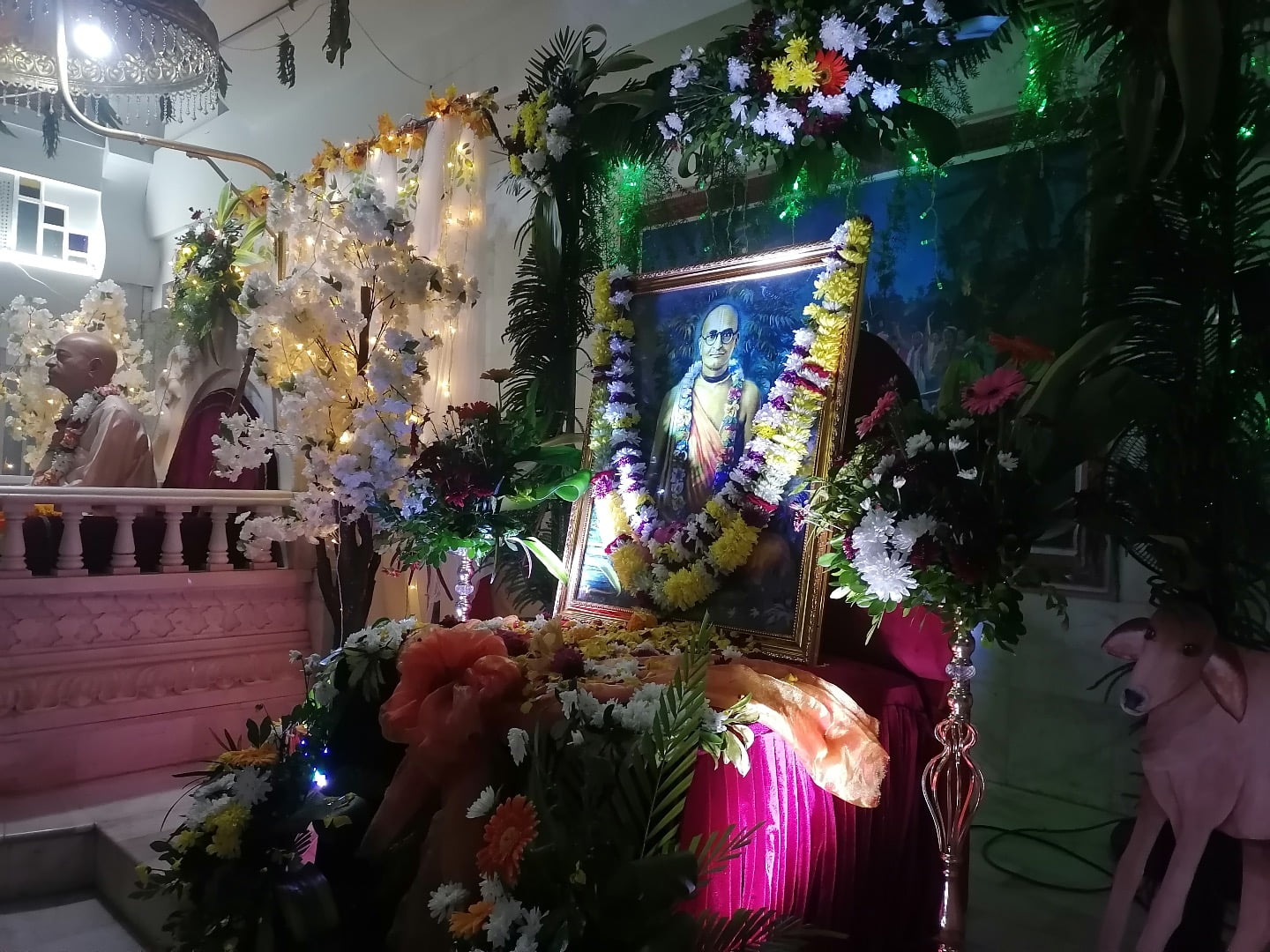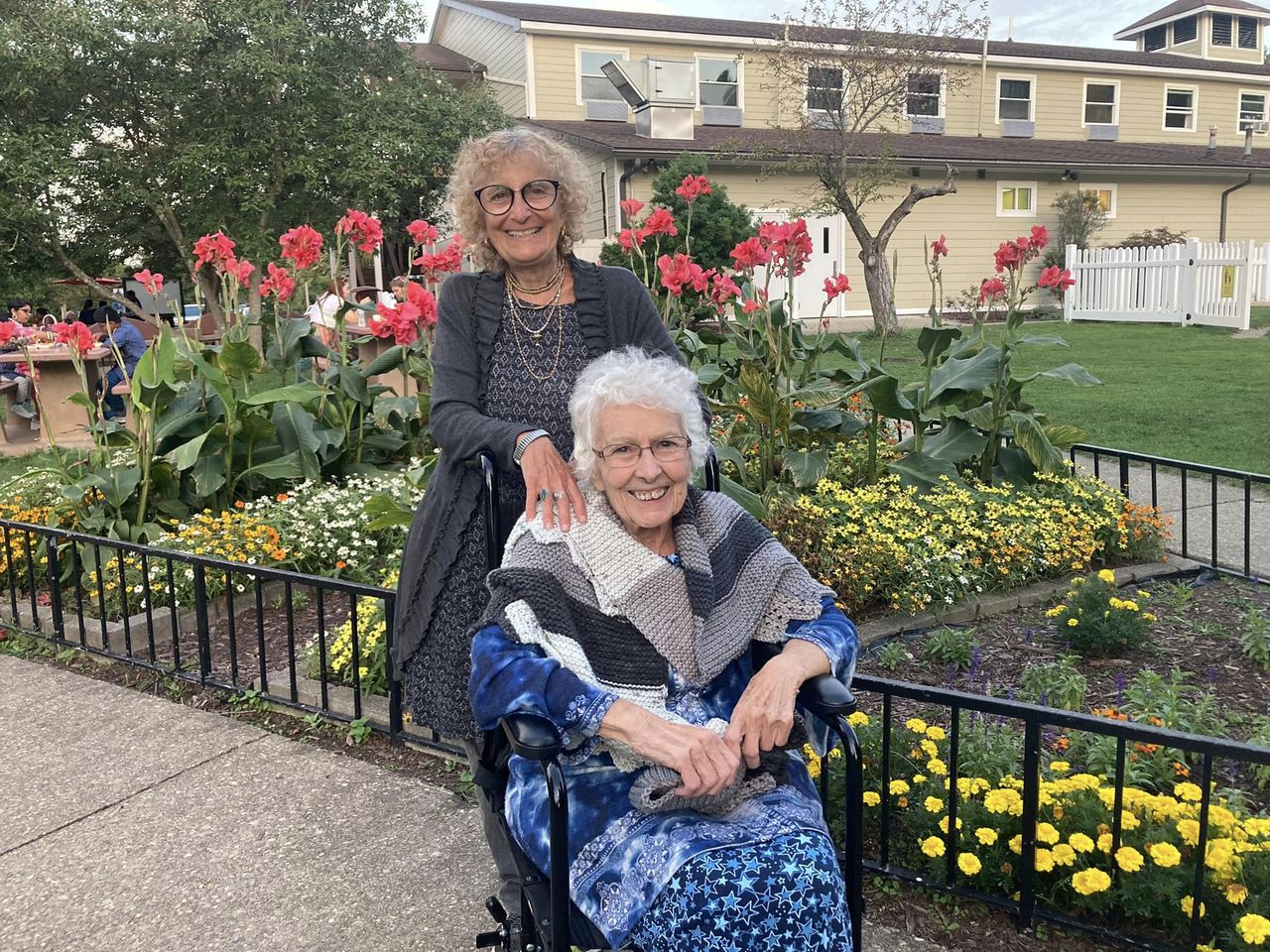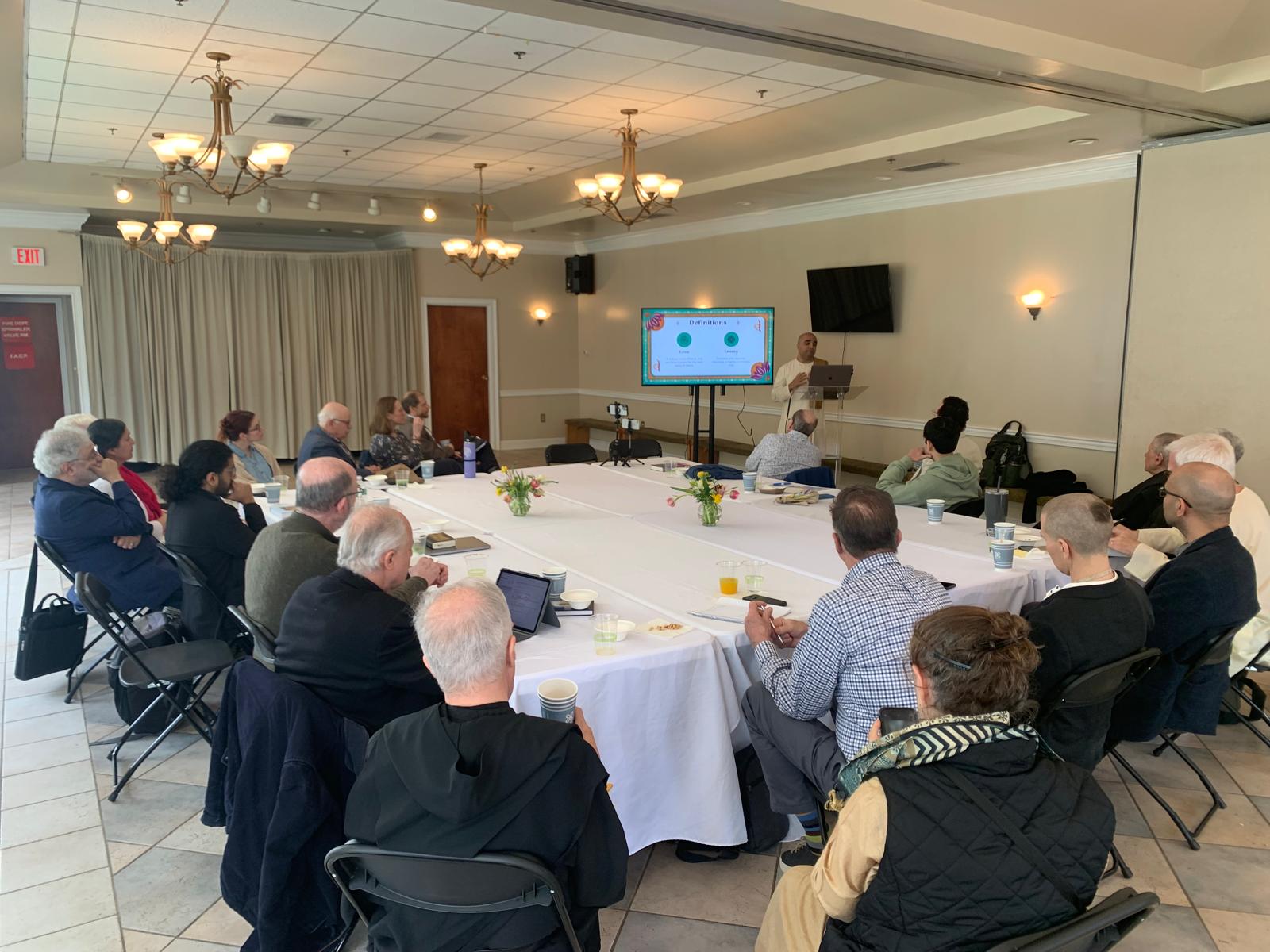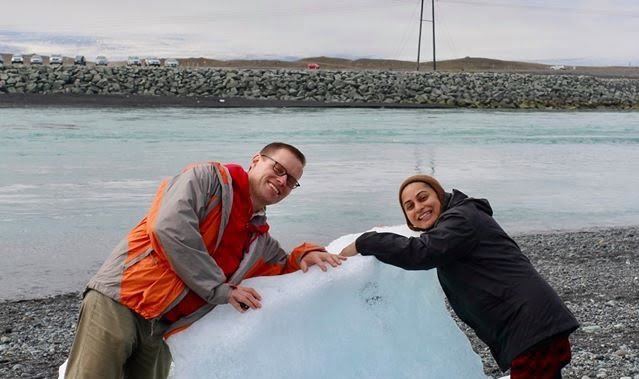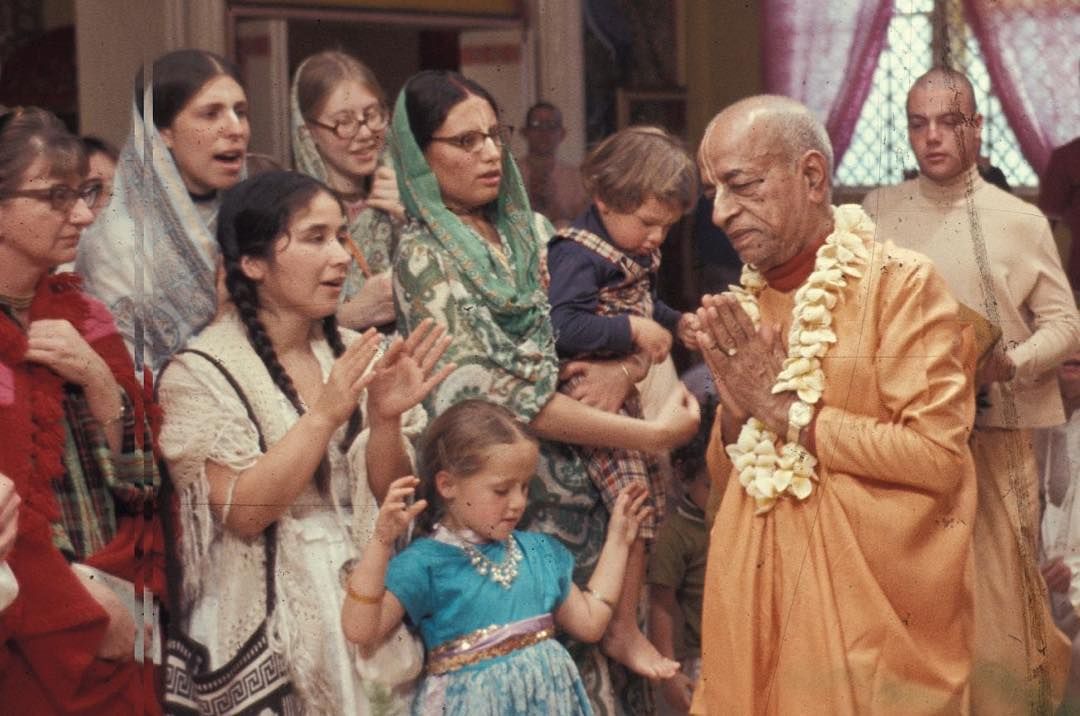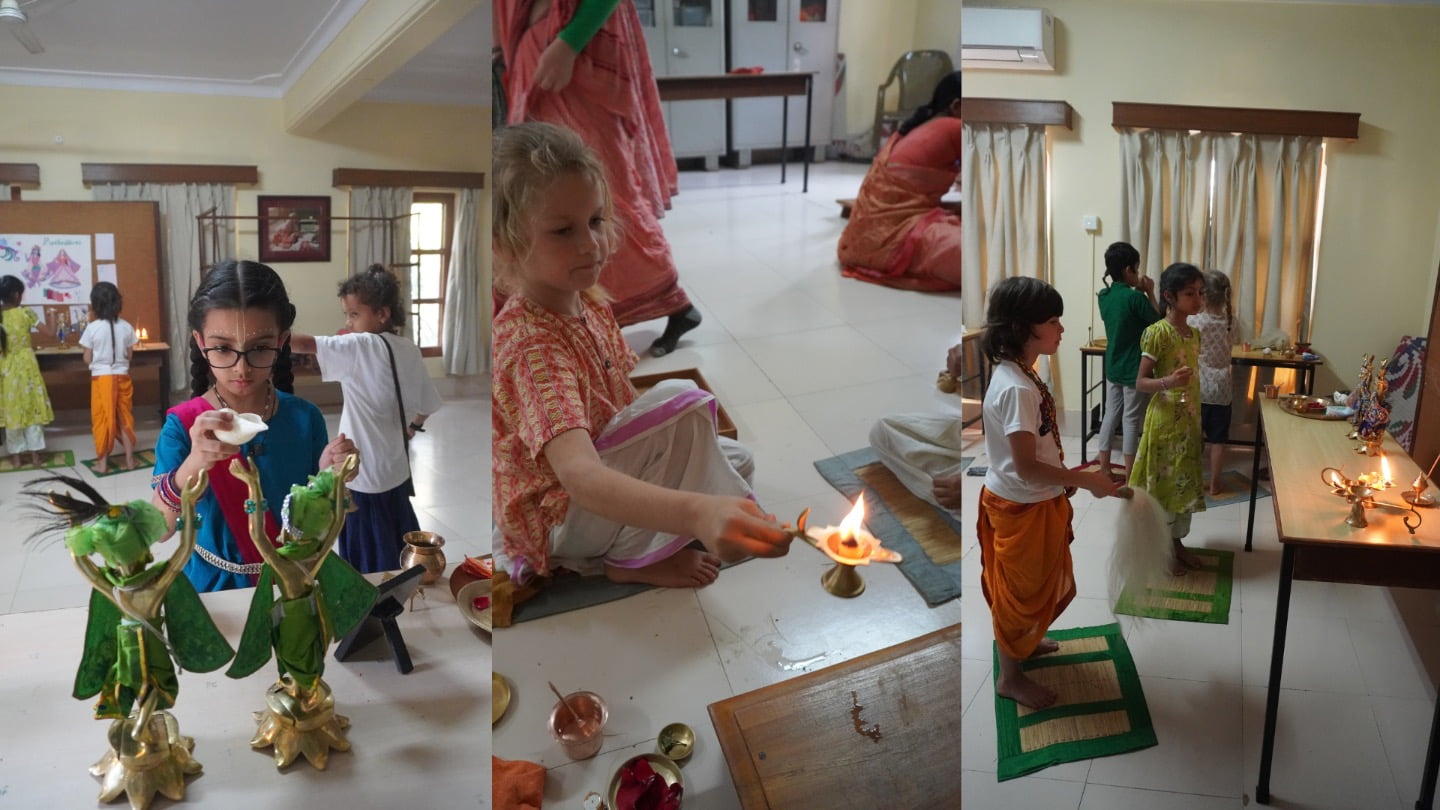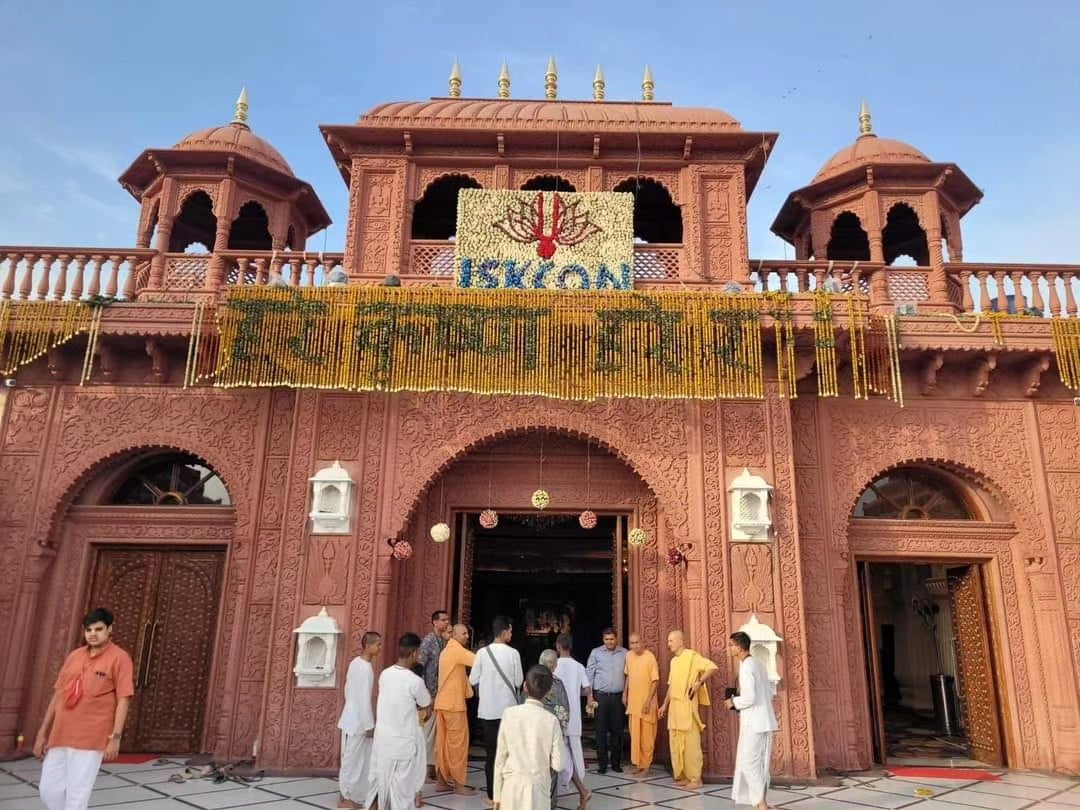Noelle McCarthy: Spiritual Life in a Secular World
By Noelle McCarthy | Jan 13, 2008

Spirituality is the new black. Not my words. Those of Richard Egan, PhD student at Dunedin School of Medicine. Richard is studying the effects of spirituality on end-of-life cancer care and had the misfortune to be midway through a radio interview with me yesterday when the news broke of Sir Edmund Hillary’s passing. Not an interview either of us will be forgetting in a hurry I’m sure.
Richard’s topic is a fascinating one though. Reading his observations, I was struck by the frequency with which the subject of spirituality – public, private, flaky – has come up in conversation recently.
Religion’s become a dirty word in recent times. At best a slightly eccentric conviction, at worst a justification for unspeakable acts of hate, it’s never been so unfashionable to declare oneself a believer, of any established faith at least.
But the need to believe is a stubborn one. We’re hardwired that way, and the decline of organised religion hasn’t changed that. Where once we ticked the box marked Catholic, Protestant or Other, now we shun the churches, but still feel the need to claim some belief or other.
Enter spirituality. A lovely elastic noun that encompasses any number of belief systems from reincarnation to dancing in the forests at dawn. Everyone has the right to believe. It’s the central tenet of our liberal democracy.
Perhaps it’s churlish to wonder if this amorphous, all-encompassing idea of “spirituality” appeals because it’s so inclusive, so malleable, so open to interpretation. Above all so easy. Your personal spirituality is just that, a self-made formula for satisfaction. It’s a lot harder to join and maintain a life within a religion where someone else has already made all the rules.
And of course for many of us that’s exactly the point. A dislike of rules, rigidity and being told what to do is one of the more attractive aspects of the national character. A distrust of dogma, a questioning of authority is a badge of honour.
Steinlager showed a canny awareness of this when it co-opted Harvey Keitel to congratulate us on our obstinacy and sell a few beers in the process.
Mike Grimshaw, a religious studies lecturer, pointed this out on the radio this week, describing New Zealanders as people who liked to believe without belonging.
This apt phrase explains a lot about our contemporary fascination with spirituality.
What could be better for a people whose colonial hangover takes the form of an inherent distrust of priestcraft than the opportunity to practise a deeply personal, often wholly secular form of belief, which sustains the spirit and ensures it remains unfettered? And yet I’m not convinced.
Perhaps it’s a hangover from my own colourfully Catholic upbringing (and regular readers of this column know I have my own questions about that) but, isn’t the idea of “my own spirituality” a bit, well, easy? It’s the bespoke aspect that’s the problem. Maybe you like the idea of heaven, but you’re still keen on having a good time on earth? Not a problem. Just formulate your ideas of how to get to that heaven accordingly. And don’t leave out the good stuff. Sex, drugs and rock’n’roll will all fit into your church if you build it to your own specifications.
I am sure the vast majority of us are well equipped mentally and morally to fashion our own spiritual landscape, but the indulgent among us will always indulge. And how valuable is the spiritual sustenance obtained from believing just about whatever you want? It depends on what you’re looking for.
Those of us who want a nice idea of life after death to keep the fear at bay are in a very different position to those of us unfortunate (or lucky) enough to be seriously wrestling with ideas of accountability or an immortal soul. And this country contains plenty of both.
In this new, secular country of ours, without the traditional spiritual bulwark of whichever established church our ancestors could depend on, we flounder on the rocks of our own half-formulated ideas. The idea that religion should involve pain, self-flagellation and the mortification of the flesh is not one that has much currency with any but the fruitiest of Catholics, a la Mel Gibson and his fellow sweaty-palmed Crucifixion fetishists, but nonetheless, surely one of the most valuable things about religion is the blueprint it provides us with for life.
Now before you rush off to write me purple letters filled with interminable lists of all of the evil men have done to each other in the name of religion, don’t bother. I’m Irish, remember – I know.
Likewise, there is no need to point out that there are many millions of people on this planet who live upstanding, morally sound lives while cheerfully professing no religion at all. I know that too. And thank God for them, or thank Gaia, or Allah or the Cosmos or whoever.
Believing is whatever keeps you warm in the dark night of the soul.




